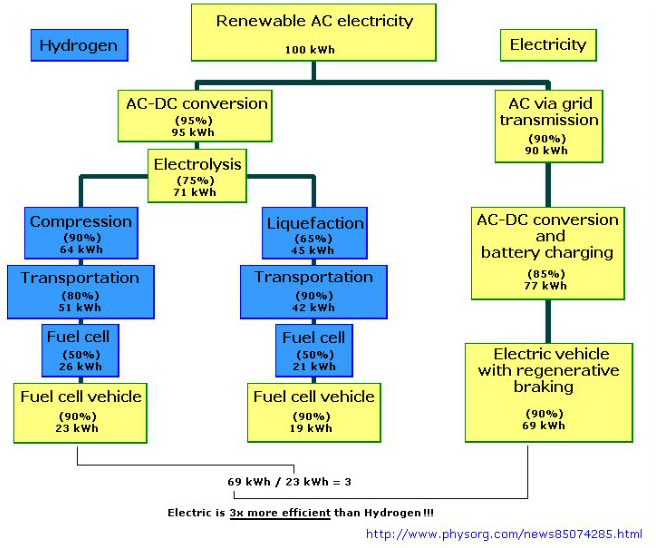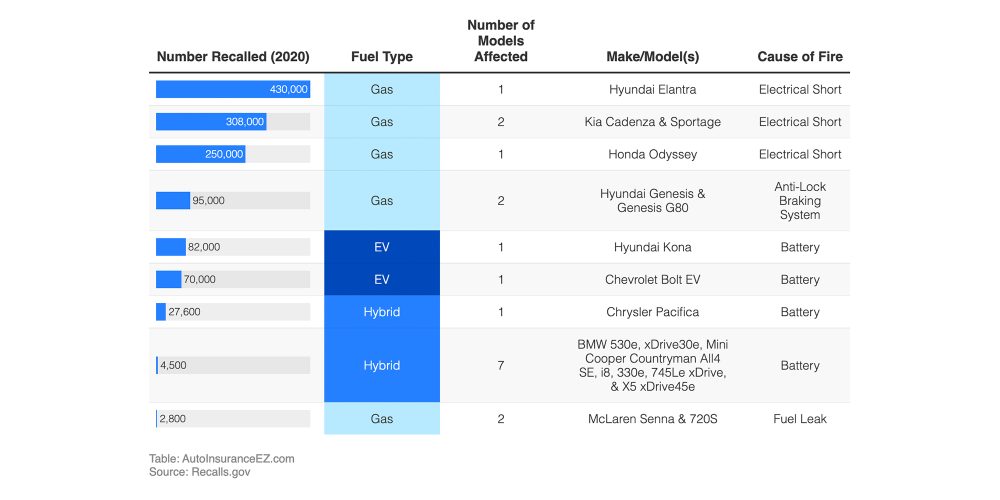I've given you my reasoning - batteries have demonstrated their ability to catch fire many times, and once they do catch fire it's difficult to control those fires, especially for larger batteries. Compare that to the most common 'fire' issue for existing planes, which seems to be engine fires - these are often controllable.Electric planes is not an issue on safety grounds either, can we please kill that notion too. Please state your source that they have a larger risk of catching fire as you seem to suggest you know what you are talking about.
Back in the real world there are not any electric planes in service outside a few light aircraft so it’s not actually possible to tell if one is more risky than the other because there is basically no data. Last time I checked, regular combustion planes also catch fire and they do so more often than you think.
The issue in aviation is purely down to the energy to weight ratio and we are miles away at the moment from anything other than kerosene. The only viable alternative even in the table at the moment is synthetic fuel derived from plant matter but the cost makes it unsustainable at the moment.
As for electric cars catching fire, you know a combustion cars catch fire spontaneously all the time right? Per vehicle, ICE cars catch fire more than electric ones. It literally happened to my wife’s friend a few months ago, they went from driving down the dual carriageway to a burnt out shell in under 5 minutes. Two infants in the car as well, terrifying experience.
Fires in kerosene powered planes are pretty well understood, while battery technology is still relatively new, and I think it's quite reasonable to think the risks might not be so well understood or easy to mitigate.
Would be interested to see the numbers for relative numbers of electric and petrol/diesel car fires... Google only showed some inconclusive numbers and some debunking of some incorrect numbers.... Still, I think the examples of electric cars catching fire are relevant as it shows the dangers with large batteries (and any passenger plane will have orders of magnitude larger batteries...).
If you have some comprehensive risk matrix worked out by Airbus or whatever that shows there is good reason to think they're safer then fine, bit without specific knowledge of any tests or planned technologies etc I think it's reasonable to be sceptical.
Would agree that fynthetoc fuels produced from crops, for example, seem more likely as a potential 'low carbon' fuel.







